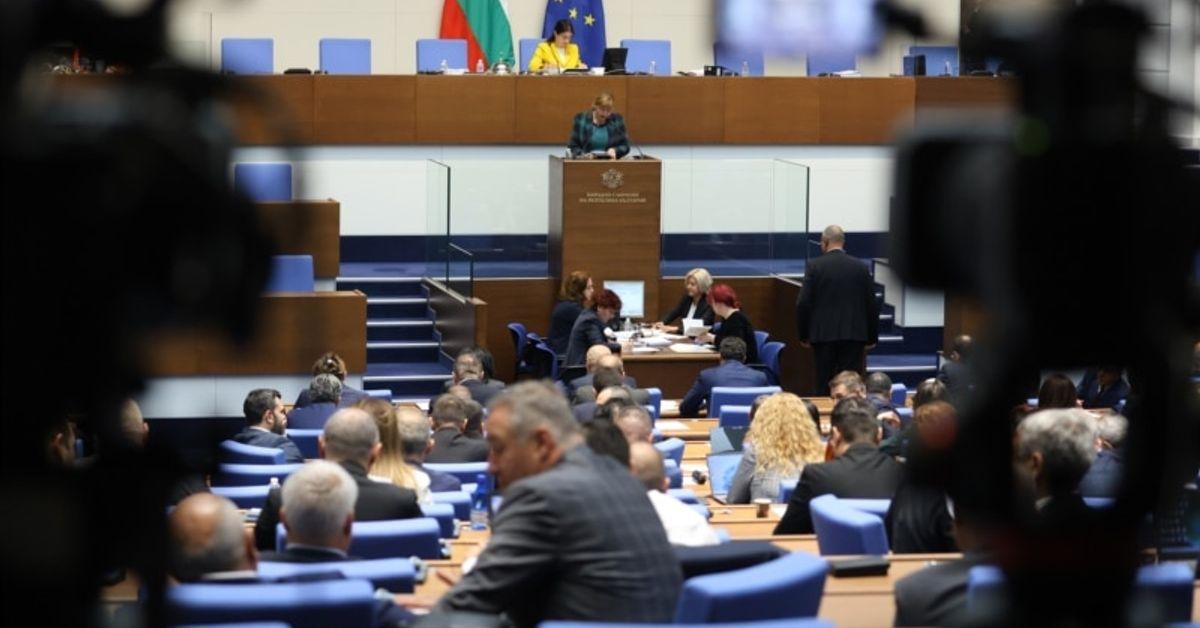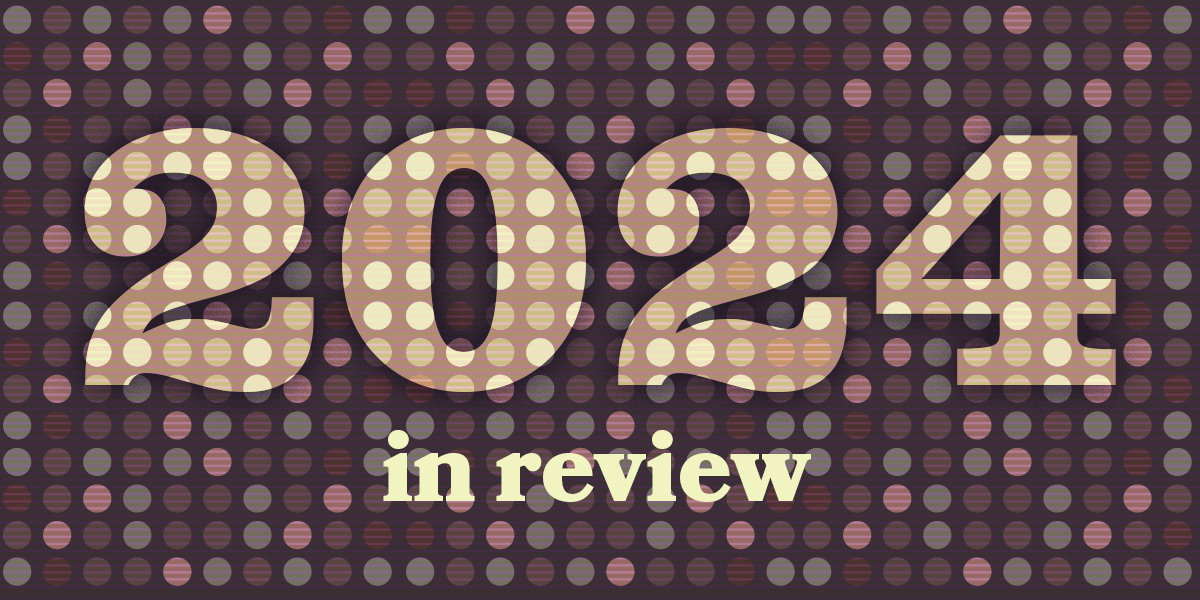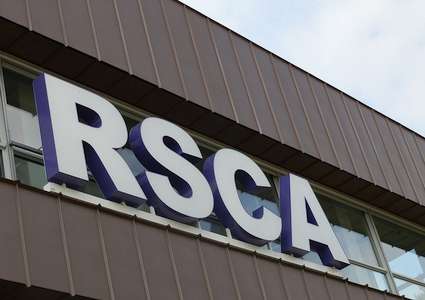Gambling
Bulgarian Parliament Adopts Broad Ban On Gambling Advertising.

Radio Free Europe
RFE/RL journalists report the news in 22 countries where a free press is banned by the government or not fully established, including Iran, Afghanistan, Pakistan, and Russia.

The Bulgarian parliament has unanimously approved legislation to ban advertising for gambling on nearly all forms of media — from television and radio to newspapers and websites.
All 198 members present on April 30 — the last day of work for the 49th parliament– voted in favor of the ban on second reading.
The legislation, which will become law within a few weeks when it is published in the official register, provides for a complete ban on advertising for gambling except on billboards, social media, and at sports facilities that don’t cater for children. The legislation places a distance limit of 300 meters on billboards near schools and says all ads must include a large warning taking up at least 10 percent of the ad that says gambling can lead to addiction.
The advertising restriction also does not apply to the state lottery on the grounds that it is obliged to distribute its profits for sports and to cover health-care expenditures, which is not the same for private operators. The legislation was proposed last week by Temenuzhka Petkova of the center-right GERB party and its UDF partner as well as Yordan Tsonev of the ethnic Turkish MRF party. It moved rapidly through the Budget Committee and was quickly approved after its first reading in parliament. Advertising for gambling is currently prohibited, but there are loopholes that businesses take advantage of. The law says that the amount of winnings and the names of winners cannot be included in advertisements, but prominent people can be featured in ads along with other messages. Child protection organizations, psychologists, gambling groups, media experts, and citizens have been pushing for years for the law to be tightened, while major broadcasters, media groups, the Association of Broadcasters (ABBRO), and gambling businesses have strongly opposed the ban. They say they are heavily dependent on revenue from advertising and argue it threatens freedom of speech. They also insist that there are other ways to limit advertising to protect vulnerable groups.
Revenue Losses?
The broadcasters and gambling operators also point out that they have already planned their budgets, which have factored in revenue from gambling associated with this summer’s Euro 2024 soccer championship and have signed advertising contracts for the tournament. The Bulgarian Gambling Association has also voiced its opposition, warning that the ban could result in the growth of unlicensed gambling sites, which would weaken consumer protection and deprive the government of budget revenues from taxes and fees for gambling. Former Prime Minister Nikolay Denkov said the ban is a direct threat to the broadcasters and other media affected because it means a major source of revenue would disappear and Bulgaria’s media outlets would become less independent. While Denkov’s Continue the Change/Democratic Bulgaria (PP-DB) supported the bill in principle, some of its members say it should be amended to include restrictions on people who receive social benefits and people facing foreclosures. The Confederation of Employers and Industrialists in Bulgaria (CEIBG) said on April 29 that the ban would have “lasting adverse effects on the state, society, and the business climate in the country.” They say that banning advertising for gambling will lead to the loss of about 100,000 jobs along with losses in tourism, sports, culture, and the state budget, and that it will affect foreign investment and exacerbate capital flight.










